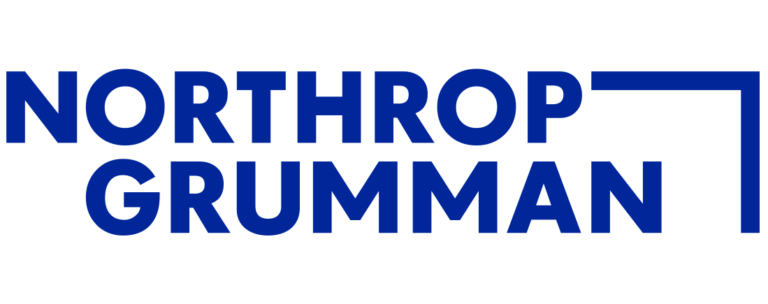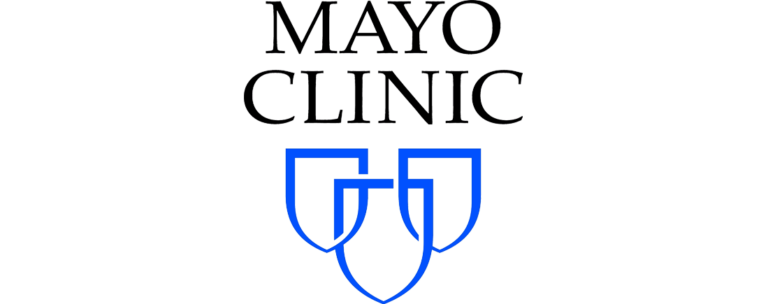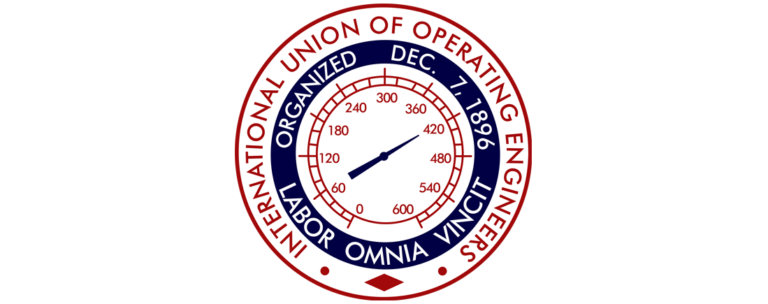As a tactical career coach and professional resume writer, I’ve seen firsthand how leadership assessments can be a game-changer for executives looking to advance their careers. In my experience, understanding and leveraging these assessments is crucial for career advancement at the highest levels. Let me share my insights on how executives can use various types of leadership assessments to propel their careers forward.
Understanding Executive Leadership Assessments
In my work with high-level clients, I’ve found that leadership assessments generally fall into two main categories: signs and samples. Signs are indicators of future performance, such as personality traits or cognitive abilities, while samples are actual examples of behavior, typically observed through simulations or on-the-job performance.Why I recommend executives care about these assessments:
- Gain deep insights into your leadership style and potential: Understanding your strengths and weaknesses can help you tailor your approach to leadership roles and enhance your resume.
- Identify critical gaps that could hinder your ascent to higher roles: By recognizing areas for improvement, you can proactively address them before they become obstacles.
- Demonstrate your commitment to self-improvement: Engaging in leadership assessments shows boards and CEOs that you are dedicated to personal growth and organizational success.
Personality Tests for ExecutivesAs a career coach, am thrilled to see clients gain self-awareness and create development plans. These tests measure natural characteristics, motivations, and tendencies based on the “Big Five” personality traits (OCEAN).
Why I advise executives to consider personality tests:
Understand how your personality traits align with C-suite requirements: Knowing where you fit can help you navigate organizational dynamics more effectively and craft a compelling resume.
Identify potential derailers that could impact your effectiveness at higher levels:
Awareness of these traits allows you to manage them proactively.
Leverage your natural strengths: Recognizing what you excel at can help you position yourself strategically within the organization.
Leadership Tests for Executives
I often recommend leadership tests to my executive clients in my coaching practice. These tests offer a quick way to gather data on knowledge, judgment, and preferences.
Why I suggest executives take leadership tests:
Benchmark your decision-making skills against other top-level executives:
This helps you understand where you stand in comparison to peers and enhances the effectiveness of your resume.
Identify areas where your judgment might be clouded by biases or blind spots:
Acknowledging these can improve your decision-making process.
Demonstrate readiness for more complex leadership challenges: Strong performance in these tests can validate your qualifications for advanced roles.
Read more: Boost Your Job Search: LinkedIn Strategies
360-Degree Feedback for Executives
As a tactical career coach, I find 360-degree feedback invaluable for my executive clients. This tool collects input from various sources around you, helping to close the gap between self-perception and others’ perceptions.
Why I encourage executives to seek 360-degree feedback:
Gain a comprehensive view of how you’re perceived across the organization: This holistic perspective is invaluable for personal development and should be reflected in your resume.
Identify any disconnects between your intentions and your impact:
Understanding this gap allows for targeted improvements in communication and interaction styles.Build a targeted development plan based on stakeholder perspectives:Use this data to focus on specific areas that need enhancement.
Assessment Centers for Executives
In my experience, assessment centers provide the most in-depth insights for executives. They offer day-in-the-life experiences through simulations, providing highly predictive data on future success.
Why I recommend executives participate in assessment centers:
Experience and prepare for the challenges of higher-level roles: Simulations allow you to practice real-world scenarios in a controlled environment, which can be highlighted in your resume.
Receive objective, behavior-based feedback on your executive readiness:
This data is crucial for understanding how well you can perform in future roles. Demonstrate your ability to handle complex, ambiguous situations to decision-makers: Successfully navigating these simulations can enhance your credibility as a candidate for advancement.
Call to Action: Take Charge of Your Executive Career
As your tactical career coach and professional resume writer, I urge you to proactively manage your career trajectory. Here are specific steps I recommend:
Conduct a self-assessment: Reflect on your career goals and identify the gaps between your current position and your target role. Be brutally honest about your strengths and weaknesses, as this will inform how we craft your resume and manage day to day tactics at work.
Choose your assessment strategy: Based on our self-assessment, determine which type of leadership assessment will provide the most valuable insights for your career advancement.
Invest in your development: Don’t wait for your organization to offer assessments; take the initiative to seek out high-quality leadership assessments yourself. This demonstrates commitment to growth and gives us control over your data.
Create an action plan: Once we receive assessment results, develop a detailed action plan with specific, measurable goals addressing the development areas identified.
Leverage strengths strategically: Use assessment results to identify unique leadership strengths that we can showcase in your executive resume.
Address potential derailers head-on: If assessments reveal potential derailers, we’ll create a specific plan to mitigate these risks through targeted actions or training opportunities.
By taking these proactive steps together, we’re not just waiting for opportunities – we’re actively shaping your executive career path. Remember, in the competitive world of executive leadership, self-awareness and continuous improvement are essential for reaching top-tier positions.
Your commitment to rigorous self-assessment and targeted development will set you apart as a forward-thinking leader ready for C-suite challenges ahead.As your tactical career coach and professional resume writer, I’m here to guide you through this process, ensuring that every insight gained from these assessments is strategically leveraged in both our coaching sessions and in crafting impactful resumes that resonate with hiring decision-makers.
Let’s embrace the power of leadership assessment as part of managing your career proactively—your future success depends on it!
















